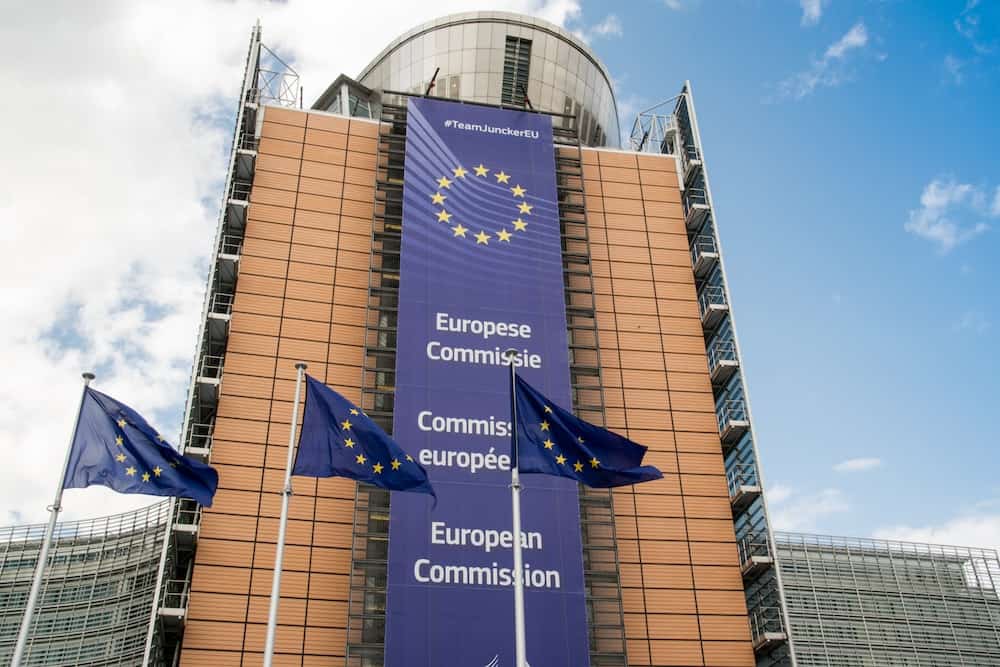The European Union has reached a “political agreement” regarding new capital adequacy regulations for digital assets held by banks. The announcement was made by the Economic and Monetary Affairs committee of the European Parliament. It was reported that modifications to the Capital Requirements Regulation & Directive had been “agreed upon” by negotiators from the European Parliament, national governments, and the European Commission (EC).
By completing the implementation of the globally agreed Basel III regulatory reforms, the EU is about to increase the resilience of banks operating in the Union and strengthen their supervision and risk management. Today, Council presidency and European Parliament negotiators reached a provisional agreement regarding amendments to the Capital Requirements Regulation and the Capital Requirements Directive.
After intense negotiations we have reached an agreement on updated rules which we believe will boost the strength and resilience of banks operating in the Union. This is a major step forward which will help ensure that European banks can continue to operate also in light of external shocks, crises or disasters. The swift implementation of global standards is also an important signal for our international partners and the EU’s continued commitment to international cooperation and multilateralism.
Elisabeth Svantesson, Swedish Minister for Finance
Under the terms of the provisional agreement, negotiators have agreed on how to implement the so-called “output floor,” which limits the variability of banks’ capital levels computed using internal models, as well as the transitional arrangements necessary to give market participants sufficient time to adapt. Further, the negotiators agreed to enhance the areas of credit risk, market risk, and operational risk. In addition, they agreed to increase the proportionality of the regulations, particularly for tiny and simple institutions.
Today’s agreement marks the culmination of a long process to reform the EU’s banking rules in the wake of the financial crisis. By making the banking sector more resilient, the new rules will help the EU continue to withstand challenges such as COVID-19 and the economic impact of the war in Ukraine. The rules will also support the green and digital transitions by means of a strong banking sector that can provide funding to the real economy, households and citizens.
Niklas Wykman, Swedish Minister for Financial Markets
To make banks more resilient to potential economic disruptions, the EU and its G20 partners in the Basel Committee on Banking Supervision reached the Basel III agreement. As a response to the Global Financial Crisis of 2007/2008, Basel III-standards include a number of measures to enhance prudential regulatory standards, supervision, and risk management of institutions.
On October 27, 2021, the European Commission presented its recommendations for a review of the Capital Requirements Regulation and the Capital Requirements Directive. In addition to amendments to implement Basel III-standards, the proposals included a number of supervisory framework-related measures. On November 8, 2022, the Council reached consensus on its General Approach for the proposals. Trilogues with the European Parliament began on 9 March 2023 and concluded with today’s provisional agreement.
A “transitional prudential regime for crypto assets” is included in the agreement, although there are few specifics regarding how this regime will operate. The agreement also takes into consideration adjustments to banks’ corporate and residential loan risk assessments.
On Tuesday 27/06 @EP_Economics negotiators struck a deal
— ECON Committee Press (@EP_Economics) June 27, 2023
on changes to Capital Requirements Regulation & Directive #CRR & #CRD @jonasfernandez w/ #EU2023SE details will follow pic.twitter.com/7eRCgk7Eg5
































